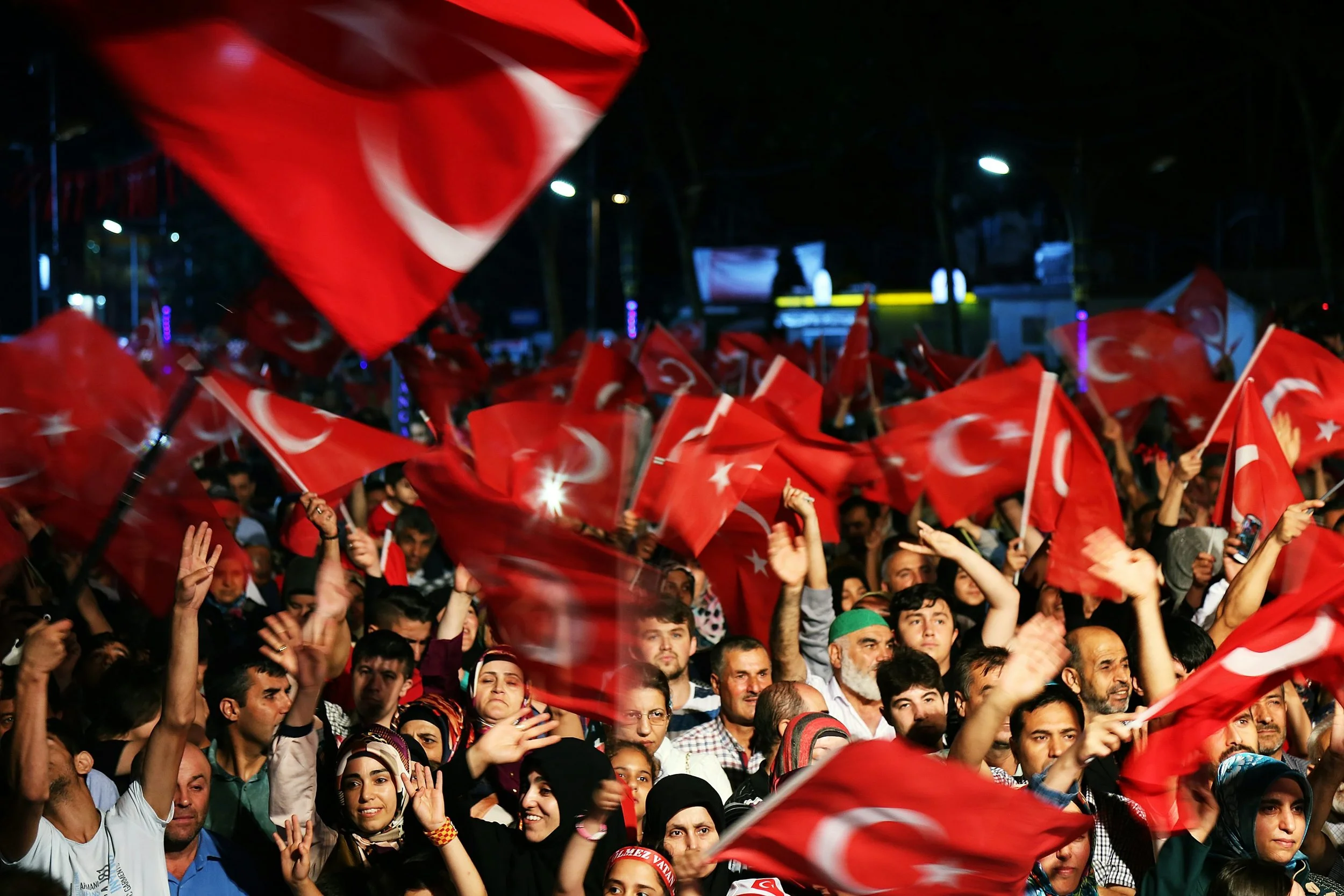How Australia Became the Blueprint for Deterring Refugees
The word ‘refoulement’ derives from the French term refouler, meaning ‘to turn back’. As the foremost principle of the 1951 Refugee Convention, ‘non-refoulement’ prohibits the return of asylum seekers to places where they face danger or persecution. Yet, the 21st century has seen wealthy nations pursue strategies to physically and procedurally shift their borders outward – aimed precisely at turning refugees back.
Australia’s Pacific Solution gained notoriety in 2001 when it began offshoring asylum seekers to detention centres in Papua New Guinea and Nauru for processing. Several territories, eventually including mainland Australia, were excised from Australia’s migration zone, stripping asylum seekers of their right to have claims heard. In 2013, the country launched Operation Sovereign Borders, which featured hardline measures such as mandatory detention and boat turnbacks.
The Australian model was swiftly met with criticism from the international community but has grown to become a template. Countries realised that externalising asylum allowed them to obey the letter of international law while breaching its spirit. Today, deterrence rather than protection defines the asylum policies of many developed countries, with interdiction and offshoring evolving as standard practice.
Australia’s ‘stop the boats’ rhetoric found resonance in the United Kingdom, where the Rwanda plan was proposed to replicate Australia’s offshore processing strategies. The plan, which aimed to send migrants to Rwanda during the processing of their asylum requests, faced challenges that compromised Rwanda’s safety, but the government pushed on. Though the plan was shelved after Keir Starmer’s 2024 victory, Prime Minister Starmer has expressed interest in revisiting similar arrangements. Most recently, Italian Prime Minister Giorgia Meloni’s government has moved forward with Italy’s plans to host detention centres in Albania, which are estimated to cost over €650m (£547) to operate. Poland, citing tensions with Russia and Belarus, has temporarily suspended the right to asylum, while Germany and Finland contemplate similar measures to tighten borders.
Externalisation policies are facilitated by what migration experts call hyper-legalism — a ‘bad faith’ application of international law. Governments portray these policies as humanitarian, claiming to prevent deaths at sea, while simultaneously blocking nearly all legal pathways for genuine asylum seekers. The most recent UNHCR report highlights a grim reality: there are more than 117 million displaced people worldwide, yet even the most generous asylum systems offer only thousands of spaces to refugees each year.
2024’s series of crucial elections saw significant electoral gains by populist leaders. These leaders capitalised on anti-immigrant policies, which tend to play well with voters, irrespective of their actual effectiveness. Governments justify offshoring by citing resource constraints, but offering refuge has long been a political choice. Throughout the Cold War, offering asylum was associated with ideological legitimation amongst Western states. Today, the warm welcome extended to Ukrainians across Europe and Australia, in stark contrast to the treatment of asylum seekers from countries like Syria, Afghanistan or Sudan, show how decisions over who receives protection are often driven less by need and more by palatability.
Policy transfer between countries is not an unusual practice, but Australia's approach should serve as a cautionary tale rather than a role model. Offshore processing has cost the government an estimated A$12 billion (£9 billion) to detain just over 4,000 asylum seekers since its inception. Despite its exorbitance, offshoring has not led to a significant reduction in irregular maritime migration, a failure that questions its long-term sustainability as a deterrent. In 2016, Papua New Guinea’s Supreme Court ruled that the Manus Island Detention Centre was unconstitutional, triggering a costly and protracted dismantling process. Australia may have success in intercepting boats at sea, but its geographic isolation and lack of binding supranational obligations—unlike EU countries—make it a poor blueprint for others to emulate.
As more nations join forces to deter refugees, spaces of sanctuary grow more elusive. Shrinking provisions for asylum reflect not just a crisis of borders, but a crisis of values — one that casts a troubling shadow on the legitimacy of Western commitment to liberal humanitarian values.
Image courtesy of John Englart via Flickr, ©2011. Some rights reserved
The views and opinions expressed in this article are those of the author and do not necessarily reflect those of the wider St. Andrews Foreign Affairs Review team.



